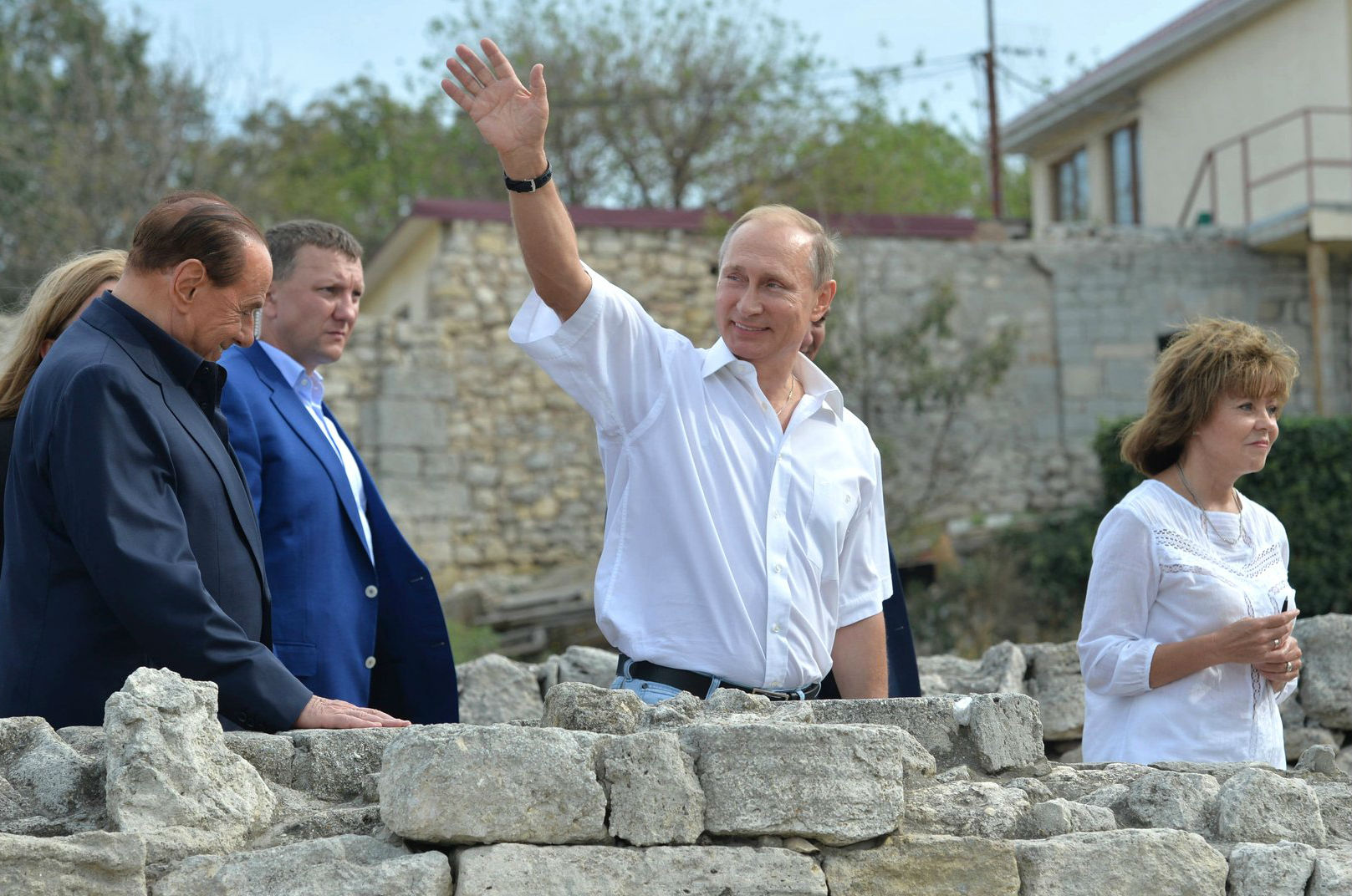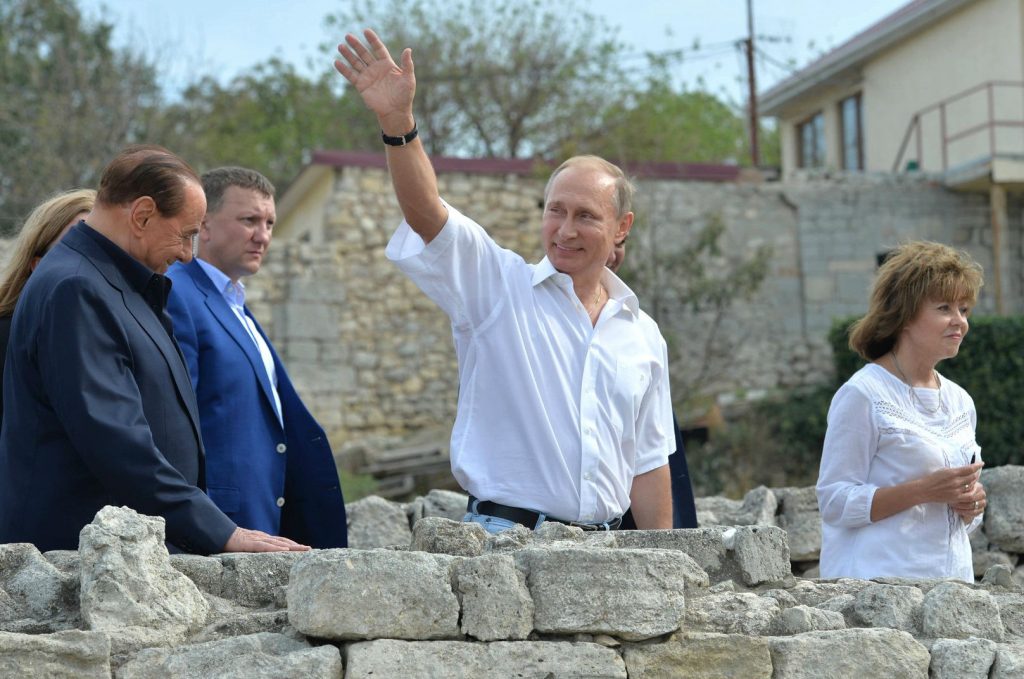 In the recent plenary session of the Eastern Economic Forum [on September 3 in Vladivostok], Russian President Vladimir Putin stated that the issue of Crimea’s ownership is historically closed.
In the recent plenary session of the Eastern Economic Forum [on September 3 in Vladivostok], Russian President Vladimir Putin stated that the issue of Crimea’s ownership is historically closed.
Despite the adamant tone, such statements do not show Russia’s confidence but instead reveal the Kremlin’s vulnerability on this issue. The concept Krym nash (Crimea is ours) is an illusion and a propaganda meme which lacks structural meaning. Russia believes that its tactical victory will become its strategic victory, and Crimea will stay part of Russia forever. But they shouldn’t think that. Ukraine’s stance on returning the annexed territory, defending the rights of the Crimean Tatars as an indigenous people of Crimea, and fighting for Ukraine’s sovereignty have strategically better prospects for success than Russia’s stance.
First, Western sanctions against Russia’s actions in Crimea will only expand. As we know, the United States has recently updated the lists of nationals and sectoral sanctions against seventeen Russian individuals and twenty companies operating in Russia and in Ukraine’s occupied territories. Sanctioned companies, in particular, contractors Mostotrest, SGM-Most, FKU Uprdor Taman, Giprostroymost, and shipyard Zvezdochka in Severodvinsk and Sevastopol, are involved in the construction of the Kerch bridge linking Crimea to mainland Russia. The sanctions list also includes Gazprom subsidiaries Gazprom Media Holding, Gazprom Kapital, and Gazprom Invest as well as a number of “government officials” in Ukraine’s annexed and occupied territories. Among them are “deputy chairman” of the Council of Ministers in Crimea Dmitry Polonsky, several Crimean “ministers,” and deputy commander of the separatists in Donetsk and Luhansk Eduard Basurin.
Second, owing to sanctions, Russia’s isolationism, and Crimea’s infrastructural dependency on Ukraine, the reality [recently described by Russian Prime Minister Dmitry Medvedev] as “There is no money left. But stay strong!” is becoming more tangible for Crimea than ever before.
Third, Ukraine is preparing several lawsuits against Russia, including one against the annexation of Crimea before the UN International Court of Justice in The Hague.
Fourth, the deteriorating situation in Crimea that Russia created risks repeating the Soviet history of the deportation of the Crimean Tatars, which is an affront to history. By and large, the Russian government itself does not believe what it formally proclaims. Russia wants to show that Ukrainian national identity is insignificant while Russian national identity is exceptional. But it’s unclear what the Kremlin is trying to build. Is it the emergence of imperialism, recently advocated by a leader of a Russian motorcycle gang known as The Surgeon? This is neither forward looking nor even realistic. It’s more an idea adopted from the Russian propaganda machine.
Fifth, the Kremlin failed to provide any coherent justification for the annexation of Crimea. All this time, we heard different explanations, such as the threat of fascism, the Russian spring, and the threat of NATO. They all show the Kremlin’s search to justify the annexation. In the documentary, Crimea. Path to the Motherland, Putin himself admitted that this was a special operation. But the Russian government never gave a clear motivation for this move. If there is no clear justification for their actions, then there is no strategy. For when there is a strategy, it’s easy to understand the reasons for particular actions. Impulsiveness cannot be a part of strategy. Since there is no strategy, there is no coordinated future. Putin put the whole country in an idiotic situation. Actually, Russia’s strategy today is “prospective isolationism.” That is, the Kremlin has transitioned from modernization, which was discussed up until 2012, to isolationism.
Olesya Yakhno is a Ukrainian political analyst and editor-in-chief of the news and analytical center Re:plika. She holds a PhD in political culture and ideology. This article was originally published in Russian by Ukrayinska Pravda and was translated by Vera Zimmerman.
Image: Russian President Vladimir Putin waves on a trip to Crimea on September 12, 2015. Credit: Kremlin.ru
